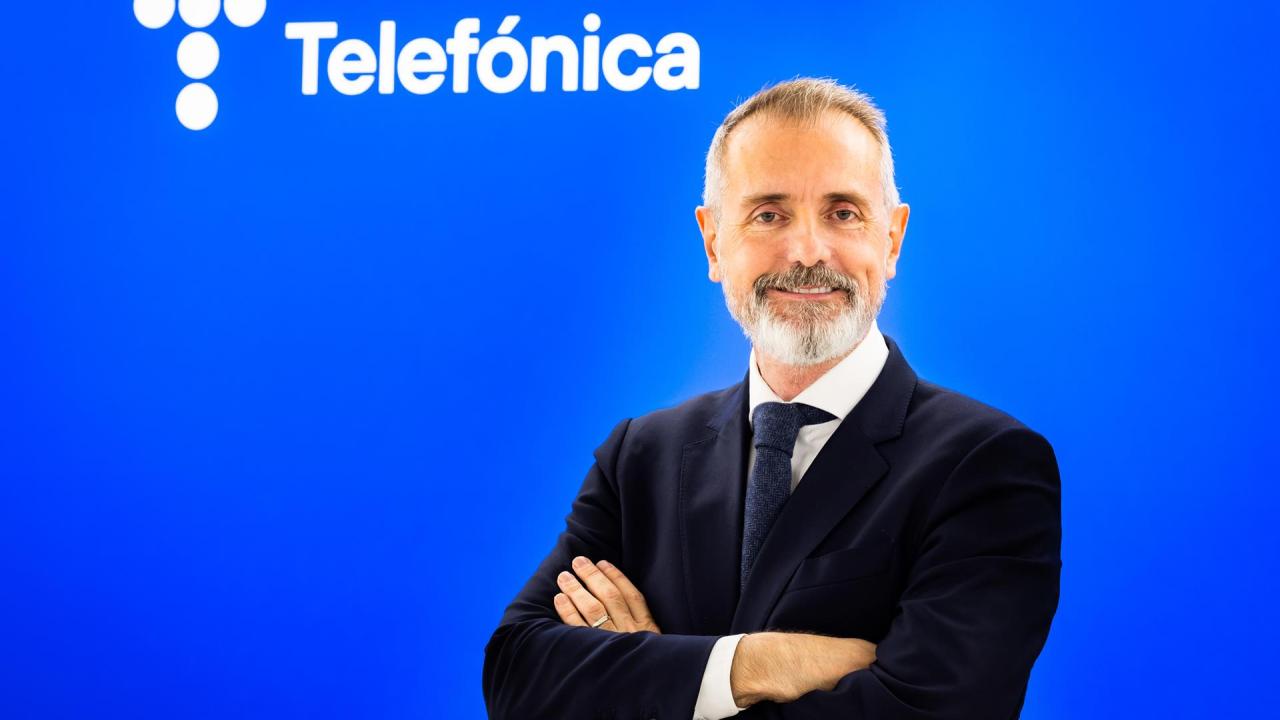
However, Murtra emphasized, as he did at the shareholders' meeting last April, that any consolidation exercise must have a "very clear economic rationale."
Telefónica's chairman, Marc Murtra, believes that the company's exit from Latin America, where it has already sold its subsidiaries in Argentina, Peru, and Colombia, improves its position to undertake consolidation operations in the telecommunications sector in Europe, where three of its four main markets are concentrated: Spain, Germany, and the United Kingdom (in addition to Brazil).
"The reality of Latin America, where there are great teams, (...) if you look at the accounts and cash flow generation, we believe that the capital in our hands is being used more efficiently by targeting other assets. We believe that these movements, although they may not be intuitive (...), give us even greater capacity to consolidate," the executive stressed in his speech at the VI International Forum organized by the newspaper 'Expansión'.
However, Murtra emphasized, as he did at the shareholders' meeting last April, that any consolidation exercise must have a "very clear economic rationale."
"It may involve risk, because risk goes hand in hand with return, but it has to be very rational. The bottom line is that we believe it positions us a little better to do what we believe we need to do," he noted.
Along these lines, the president of Telefónica also emphasized that this economic rationale begins with intra-market consolidation and then scales up to the European level to create "tech giants" on the Old Continent.
"The world is experiencing an era of large, private technology giants (...) and the origins of all these technologies (referring to search engines, social networks, and hyperscalers) are either in the United States or China. This is a technological revolution, a new era that has bypassed Europe," he opined.
In this regard, Murtra also referred to the European Union's goal of achieving strategic autonomy, which, in his opinion, will encourage the creation of proprietary technologies on the Old Continent.
"We know that many of the issues can only be addressed if you have sufficient scale. Scale that means there's a balance sheet, cash flow generation, and the capacity to tackle many projects, because technological projects are very complicated and highly risky (...) To implement the policy of European strategic autonomy, in which I believe we can all observe a high degree of unanimity across the geographic and political spectrum, large telecommunications companies will be needed," he stressed.
TELEFONICA AND VODAFONE
On the other hand, when asked about rumors suggesting Telefónica's possible interest in acquiring Vodafone Spain (managed by the British fund Zegona following its acquisition for €5 billion or US$5.628 billion in June 2024), Murtra stressed that the company's operations are a "closely guarded secret."
"We never discuss specific transactions until they're signed. Never. (...). It would be a negotiating error for any transaction (...) because what's going to happen in that negotiation process is that the price will rise to the limit," he argued, without revealing whether there is indeed interest in buying Vodafone Spain.
Meanwhile, Telefónica is currently conducting a strategic review of all its businesses, the conclusions of which will be announced after the summer.
Regarding the possibility that Telefónica's new roadmap could include the acquisition of companies in the information technology (IT) segment—a sector in which the group has Telefónica Tech—the executive was cautious, simply stating that they will decide what M&A (mergers and acquisitions) strategy makes sense.
"Our strategy, in any case, at Telefónica Tech or in any other field, is not going to be an M&A-based strategy. It is going to be an organic, growth-based strategy in which there may be add-on opportunities, some of which we can pursue aggressively, others from an opportunistic perspective, but always from the standpoint of economic rationality and iron discipline, which means saying, if the minute before the possible signing we have to say no, we will say no without breaking a sweat," he added.
In his speech at the forum, Murtra also defended the competitiveness of the content and strategy of Movistar+, Telefónica's audiovisual content platform, compared to other competitors in the market.









